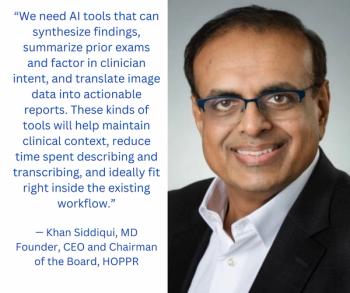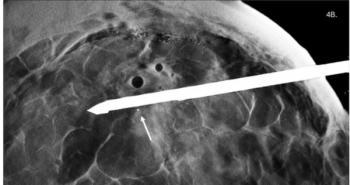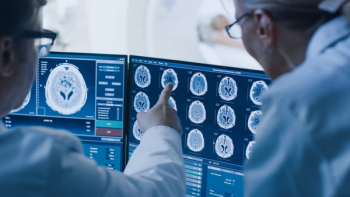
Many Unnecessary CT Scans Performed on Children with Headaches
Too many CT scans are still performed on children complaining of headaches.
Despite guidelines to the contrary, many unnecessary CT scans are performed on children with a normal history but who complain of headaches, according to a study published in the journal
Researchers examined the claims analysis of 15,836 children, ages 3 to 17, who had at least two claims for headache. They were looking for current practice patterns of neuroimaging used to diagnose these headaches in both emergency rooms and physician offices.
They found that 26 percent of the patients had at least one CT scan based on their headache complaint. Among these children, 74 percent received their scans within one month of their presentation.
The researchers also found that although children who went to the emergency department were four times more likely to have a CT scan than those who were not seen in an ED, CTs were still widely used outside the hospital setting. More than 20 percent of children who did not go to an ED for their headache underwent a CT scan. Another finding indicated that children who were evaluated by a neurologist were less likely to have the scan compared with other provider specialties.
The authors concluded that many unnecessary CT scans are still performed to diagnose headaches in children despite existing guidelines. “Implementing quality improvement initiatives to ensure that CT scans in children are performed only when truly indicated will reduce unnecessary exposure to ionizing radiation and associated cancer risks,” they wrote.
Newsletter
Stay at the forefront of radiology with the Diagnostic Imaging newsletter, delivering the latest news, clinical insights, and imaging advancements for today’s radiologists.













